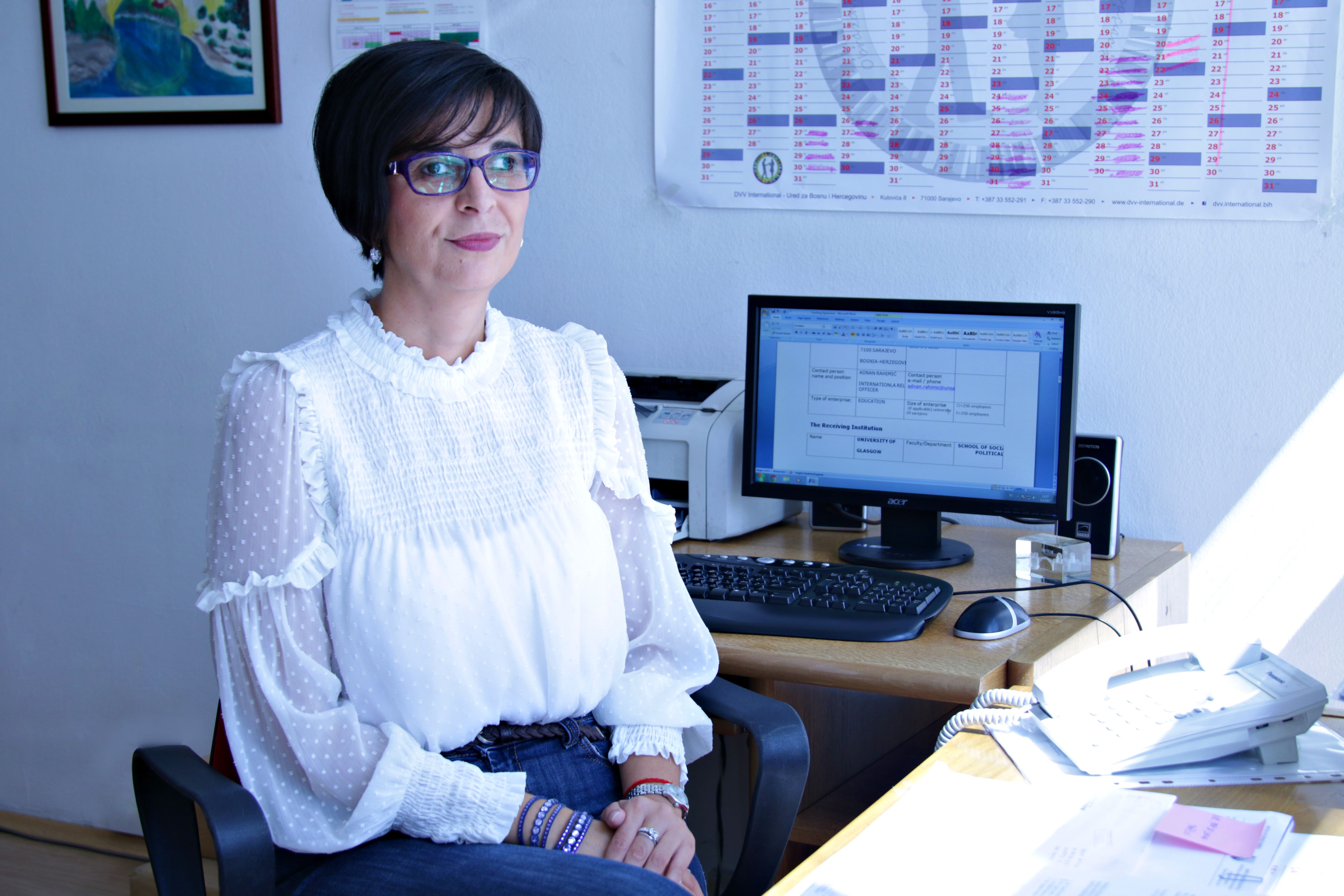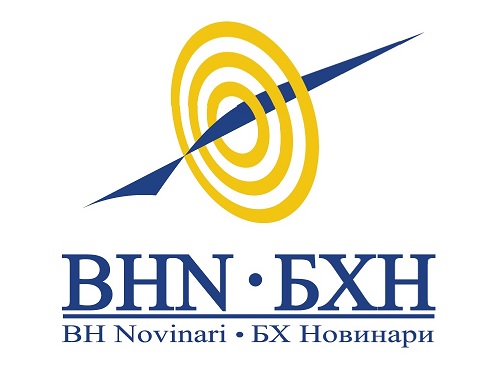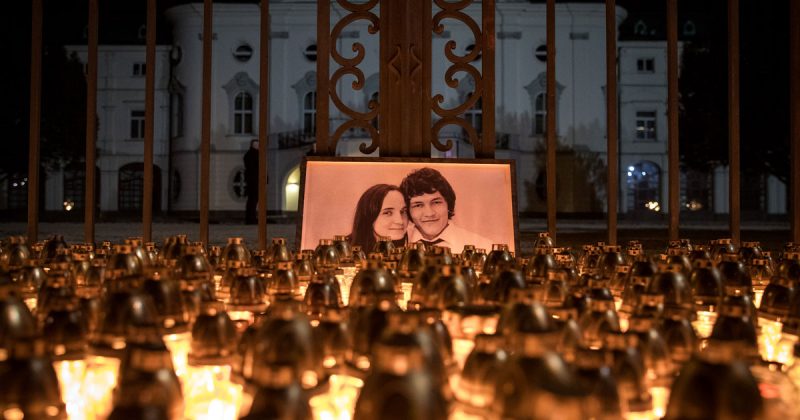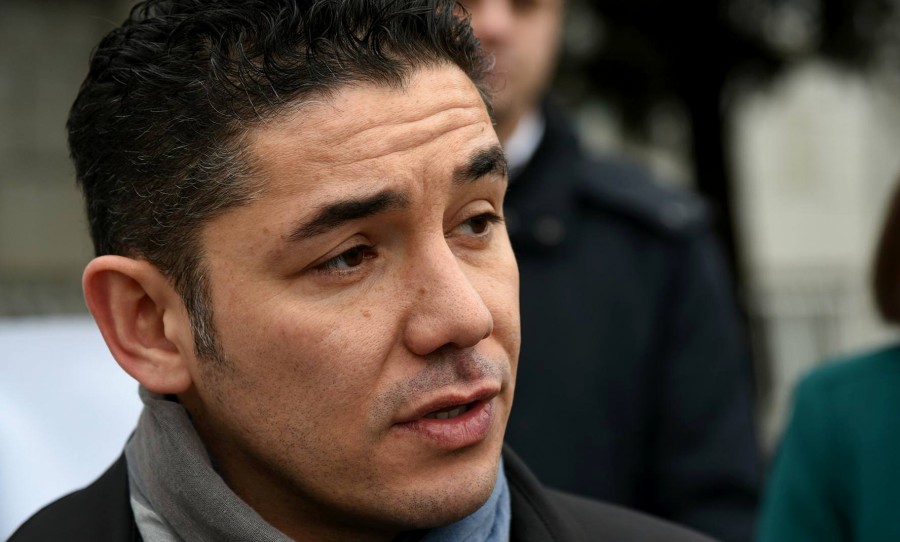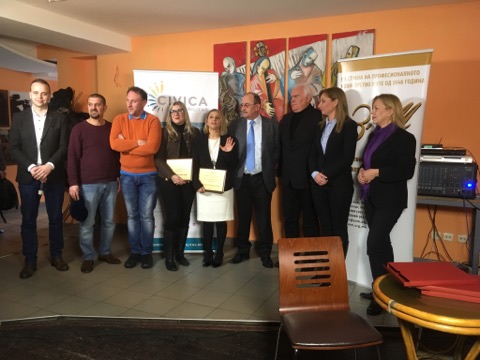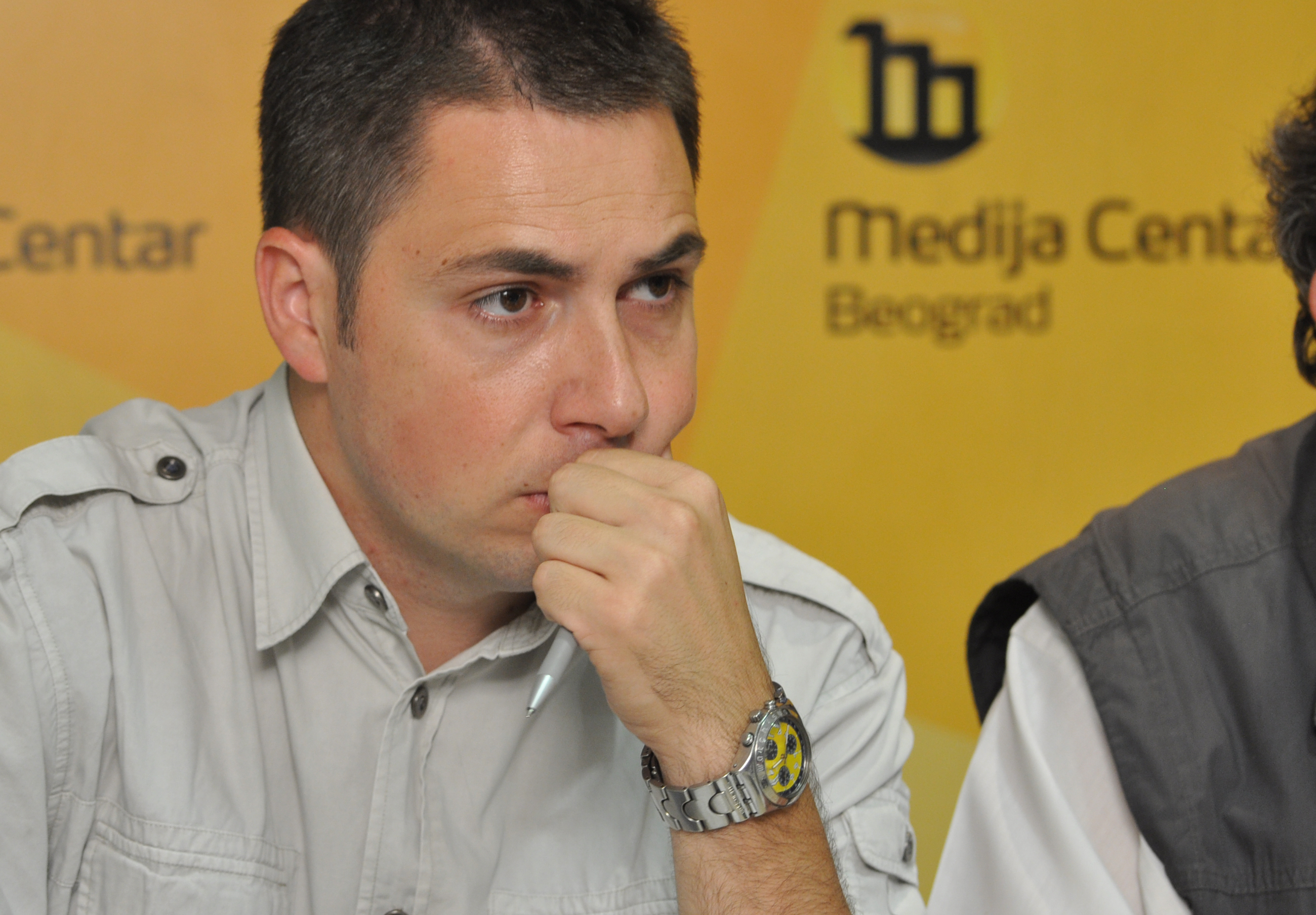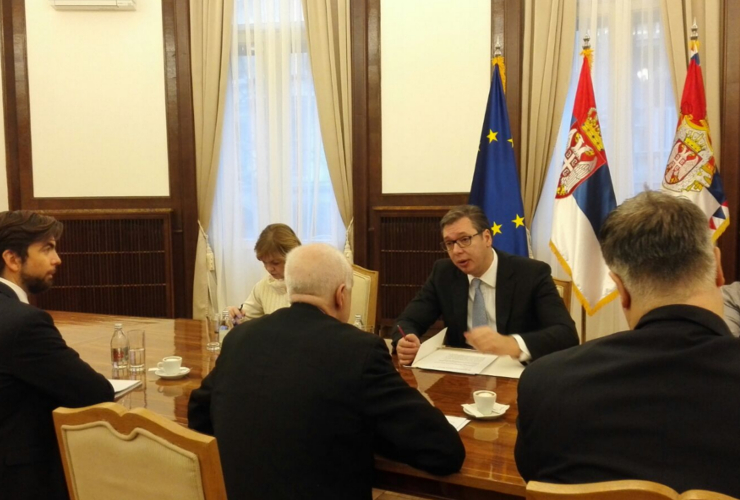SARAJEVO, 02.03.2018. -For four years, the RTVFB&H Management Board has no legal basis, since all mandates of all Board members have expired. The specificity of the election of the members of the RTVFB&H Management Board, or the legal solution in relation to this issue, is reflected in the fact that the Law on Public Service of RTVFB&H (adopted in July 2008) prescribes the composition of the Management Board of four members, namely three from the constituent peoples and one from the others, elected only for one term, without the possibility of renewal, with the length of the mandate being different, in order to elect one member each year, which aimed to prevent or minimize political influence on RTVFB&H through the Management Board. Namely, with this mechanism of election of members of the Board, all four members would not be elected in one electoral mandate, which would prevent political influence of one party (or coalition) on the Board because, according to the Article 25 of the Law on Public Service of the RTVFB&H members of the Board are appointed by the Parliament of the Federation of B&H. However, as already mentioned, the mandate of all members of the RTVFB&H Board expired more than four years ago (one in 2010, then in 2011, 2012 and last in 2013). Also, the director of RTVFB&H has been on this position since 2008, and his five-year term expired in 2013.
This precedent in the management practice of a part of the public broadcasting system shows how much political interests are reflected on public service, since RTVFB&H has been put in this position by political means (by blocking the appointment of members of the Board) and since from September last year there have been debates and agreements on how to resolve the appointment issue between current coalition partners in the Federation of B&H. One of the proposed solutions was to announce vacancy for all four members of the Management Board at once. The Deputy Chairman of the House of Representatives of the Parliament of the FB&H and the president of the Working Group for the Selection and Appointment from both Houses, in December even told the media that he was in charge of the services to prepare the vacancy announcement. Reactions to this initiative came from the opposition, as well as representatives of civil society and international organizations, and mostly referred to the fact that it was a violation of the law in order to politically influence the public service.
It is beyond doubt that since 2014, when the current composition of the FBiH Parliament has been appointed, it was possible to resolve the issue of the RTVFB&H Management Board and to start gradually appointing its members if there was a for political will and agreement, but that did not happen. However, it happened that this issue was actualized precisely in the election year with an aim to make a quick solution, which opens a space for suspicion that this was an attempt to achieve direct political control over the RTVFB&H before the start of the election campaign. The Office of the High Representative in B&H says that it is necessary for Parliament to appoint members of the RTVFB&H Board in accordance with the legal principles of gradual appointment and political independence of the members of the Management Board.
This recent development related to the issue of the appointment of the RTVFB&H Management Board, besides the issue of political influence on public services in BiH, opens a number of other issues that only occasionally are subject of debate of expert and general public in Bosnia and Herzegovina, who do not find appropriate solutions. First of all, they relate to the fact that the implementation of laws (not only those related to media and/or public services) depends on the “political will”, that is, the lack or the existence of willingness of those who are in power at the moment to behave and decide in accordance to legal regulations. In 2014, there were all legal requirements for the gradual appointment of members of the RTVFB&H Management Board which would then enable appointment of director and the legal functioning and management of the Public service of the Federation of B&H, but obviously there was no “political will”, so this question remained unresolved. Now, on the eve of the election, there is a “political will” to influence the RTVFB&H and its program policy by appointing members of the Management Board, and proposing solutions that are not prescribed by law. Moreover, some representatives of opposition parties even directly asked Parliament to come to a conclusion that they would respect the Law on Public Service of RTVFB&H, that is, appoint members of the Management Board in the manner prescribed by law. The fact that the law is respected by “political will,” that is, by the arbitrary will of the political elite, is unknown in democratic societies and systems. Furthermore, the decision-making by non-institutional means, that is, negotiations and agreements between the parties, has reached such a level that political representatives consider it quite legitimate to give statements to the media that the way in which the appointment of the Management Board (the non-legal mechanism – by simultaneously appointing all four members or changing of the law) will be decided by the out-of-parliamentary procedure, and then only formally confirmed through Parliament. This does not apply, of course, to a specific case of RTVFB&H, but this case has again directly demonstrated parallelism in political decision-making and the power of political representatives to agree on legal or non-legal methods of resolving a matter, depending on their own interests. Bosnia and Herzegovina is probably the only country in the world where laws and court judgments are “implemented”, and not necessarily respected.
An additional precedent is the functioning of the RTVFB&H Public Service without a Management Board and with the director in a technical mandate, which makes this media, in fact, a specific “hybrid” public service, which acts in certain segments as a private media (emitting so-called low-cost content, programs from neighboring countries, Turkish soap operas, domestic production re-runs that are on the screen for more than twenty years, etc., and based on the collection of funds from commercial advertising, to cover the costs of employees and the current production of the program), then as the system on its own, and not as part of the public broadcasting system in B&H (debt due to the provision of services to other parts of the system – BHRT), anad, as other parts of the system, when it comes to the information program, it “suffers” from political dependence and influence (in the research on media freedom from 2017, 47% of respondents recognized political influence on public services in B&H). It is clear that without the existence of the Management Board, Article 28 of the Law on Public Service of RTVFB&H (which implies that the property, budget, program contents and the legality and effectiveness of the RTVFB&H is controlled by a body that is above the management of RTVFB&H) can not be respected, which only shows that it is necessary to find solution for the RTVFB&H Management Board. Transparency in the work of RTVFB&H is somewhat achieved by publishing the RTVFB&H Report on the Work and Business Achievements on its official web site, but the last published report is for 2015, while the report for 2016 is not available on the website, nor is the Independent Auditor’s Report for 2016. Last published Program plan is for 2011, therefore, in the last seven years, there is no publicly available document defining program planning of RTVFB&H. All this shows that it is necessary to begin to seriously address the issue of the crisis of the Management Board of the Public System of RTVFB&H. However, the issue of RTVFB&H should be addressed systemically through the transformation of the public broadcasting system in B&H, and not only superficially and partially, which would cause the influence on this media in the election year. It is precisely in the election year necessary to ensure that all parts of the public broadcasting system in B&H are in the service of citizens/public, that they have a public interest high on their list of priorities, and that they provide citizens with fair, objective, reliable, balanced and high quality information. In this regard, the independence of RTVFB&H must be guaranteed, among other things, in a way to prevent the influence of political parties that currently form a parliamentary majority through the appointment of the members of the Management Board. In this sense, no solutions proposed as a “quick fix”, as a result of political negotiations and agreements “behind the scenes” and in the package with some other solutions, which lead to the endangerment of independence and further destruction of the public broadcasting system in B&H, are not and should not be acceptable.
 This article has been produced as a part of the project Western Balkan’s Regional Platform for advocating media freedom and journalists’ safety with the financial assistance of the European Union. The contents of this article are the sole responsibility of the BH Journalists Association and its authors, and can in no circumstances be regarded as reflecting the position of the European Union.
This article has been produced as a part of the project Western Balkan’s Regional Platform for advocating media freedom and journalists’ safety with the financial assistance of the European Union. The contents of this article are the sole responsibility of the BH Journalists Association and its authors, and can in no circumstances be regarded as reflecting the position of the European Union.


